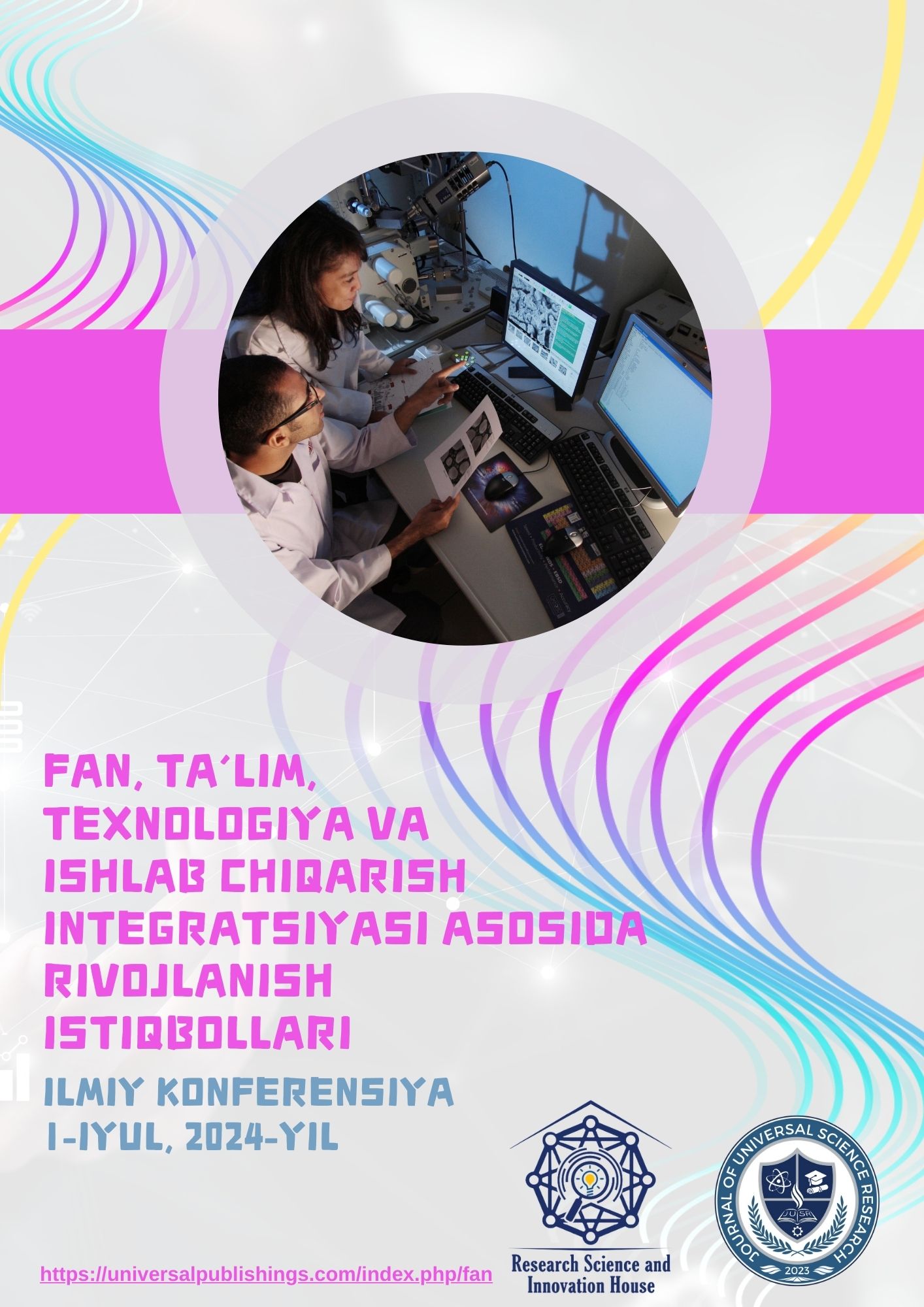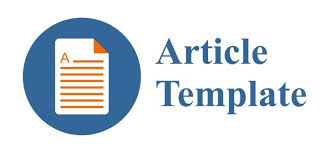STRATEGIES FOR MANAGING TIME EFFECTIVELY IN ACADEMIC SETTINGS
Keywords:
time management, academic settings, Eisenhower Matrix, SMART goals, productivity, scheduling, multitasking, time management tools, self-care, prioritization, focus, digital tools, task breakdown, study strategies, academic success, work-life balance, stress reduction, goal setting, time blocking, personal growthAbstract
This article provides practical strategies for managing time
effectively in academic settings. It emphasizes the importance of prioritizing
tasks, using tools like the Eisenhower Matrix to identify what needs immediate
attention, and setting SMART goals for clear, actionable objectives. The piece
advocates for creating detailed schedules, breaking tasks into smaller chunks,
and avoiding multitasking to enhance focus and productivity. Additionally, the
article highlights the role of digital tools and apps in tracking progress, as well
as the significance of self-care and learning to say no to avoid burnout. Finally,
it encourages regular review and adjustment of time management strategies to
ensure they remain effective. The article serves as a comprehensive guide for
students looking to improve their time management skills for academic success.
References
1. Covey, S. R. (2004). The 7 habits of highly effective people: Powerful
lessons in personal change. Free Press.
2. Eisenhower, D. D. (1954). The Eisenhower matrix: The decision-making
tool for prioritizing tasks. Harper & Row.
3. Kohn, A. (1993). Punished by rewards: The trouble with gold stars,
incentive plans, A's, praise, and other bribes. Houghton Mifflin Harcourt.
4. Lakein, A. (1973). How to get control of your time and your life. New
American Library.
5. Pritchard, R. D. (2002). Time management: A guide for the successful
student. Harvard University Press.
6. Zimmerman, B. J. (2002). Becoming a self-regulated learner: An
overview. Theory into Practice, 41(2), 64-70.
7. Khusanova, M. (2023). HISTORY OF USING TESTS IN
MONITORING THE LEVEL OF QUALIFICATION. Science and
innovation, 2(B7), 17-21
8. Mahira, K. (2024). METHODOLOGICAL PROBLEMS FOR A
FOREIGN LANGUAGE TEACHER: MONITORING AND
ASSESSING SKILLS. Multidisciplinary and Multidimensional
Journal, 3(10), 10-15.
9. Mahira, K. (2024). TEACHER ASSESSMENT: HISTORICAL
DEVELOPMENT AND RESEARCH. INTERNATIONAL JOURNAL OF
EUROPEAN RESEARCH OUTPUT, 3(11), 45-49.
10.Xolmurodova, S., & Khusanova, M. (2023). TEACHING WRITING IN
ENGLISH. Научный Фокус, 1(1), 1173-1175.
11.Iroda, B., & Mohira, H. (2023). EFFECTIVE PRONOUNICIATION
TEACHING IN ENGLISH LANGUAGE. O'ZBEKISTONDA
FAN, TA’LIM, TEXNOLOGIYA VA ISHLAB CHIQARISH
INTEGRATSIYASI ASOSIDA RIVOJLANISH ISTIQBOLLARI
161
FANLARARO INNOVATSIYALAR VA ILMIY TADQIQOTLAR
JURNALI, 2(19), 700-703.
12.No, P. Didactic Conditions for the Formation of Discussion Competence
among Students.
13.Mokhira, K. (2023). HOLISTIC SCORING AS A GRADING
METHOD. International Journal of Contemporary Scientific and
Technical Research, 493-495.
14.Mokhira, K. (2023). THE IMPORTANCE OF DIFFERENT SUB–
SKILLS THAT ARE INVOLVED IN PARTICIPATING IN A GROUP
DISCUSSION. International Journal of Contemporary Scientific and
Technical Research, 496-499.
15.Qizi, K. M. S. (2022). Learning new content material through cooperative
group discussions.
16.Ma’ripov J. K. A BRIEF INFORMATION ABOUT TENSES
//OʻZBEKISTON RESPUBLIKASI OLIY VA OʻRTA. – С. 464.
17.Tolibovna A. K. et al. Features Of Anthropocentric Study Of Sacred Texts
//Open Access Repository. – 2022. – Т. 8. – №. 1. – С. 5-10.
18.Tolibovna A. K. et al. Functions of Allusion and Allusion as a Marker of
Intertextuality and Precedence //European Multidisciplinary Journal of
Modern Science. – 2022. – Т. 6. – С. 485-487.
19.Ma’ripov J. KORPUS HAQIDA UMUMIY TUSHUNCHA
//Центральноазиатский журнал образования и инноваций. – 2023. –
Т. 2. – №. 5. – С. 175-178.
20.Ma’ripov J. Antroposentrizm–tilshunoslikning zamonaviy yonalishi
sifatida //Инновационные исследования в современном мире: теория
и практика. – 2022. – Т. 1. – №. 28. – С. 62-68.
21.Solnyshkina M. I. et al. IMPORTANCE OF SETTING GOALS. SMART
GOALS //Новости образования: исследование в XXI веке. – 2023. –
Т. 1. – №. 11. – С. 318-320.
22.LEARNER I. Jizzakh branch of the National University of Uzbekistan
named after Mirzo Ulugbek, The faculty of psychology, The teacher at the
department of Foreign languages.
23.Маърипов Д. Psychological value of the novels by agatha christie
//Информатика и инженерные технологии. – 2023. – Т. 1. – №. 2. – С.
630-632



